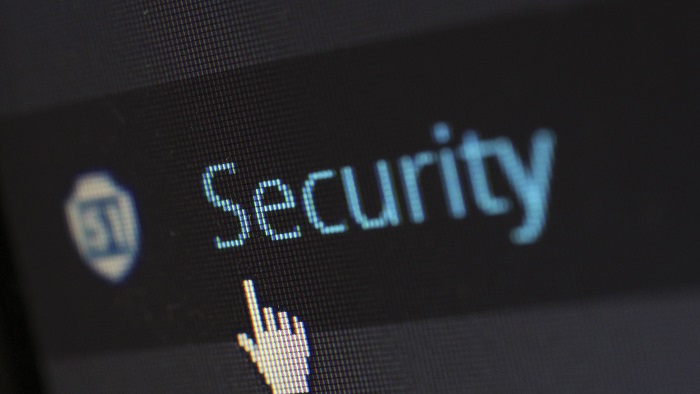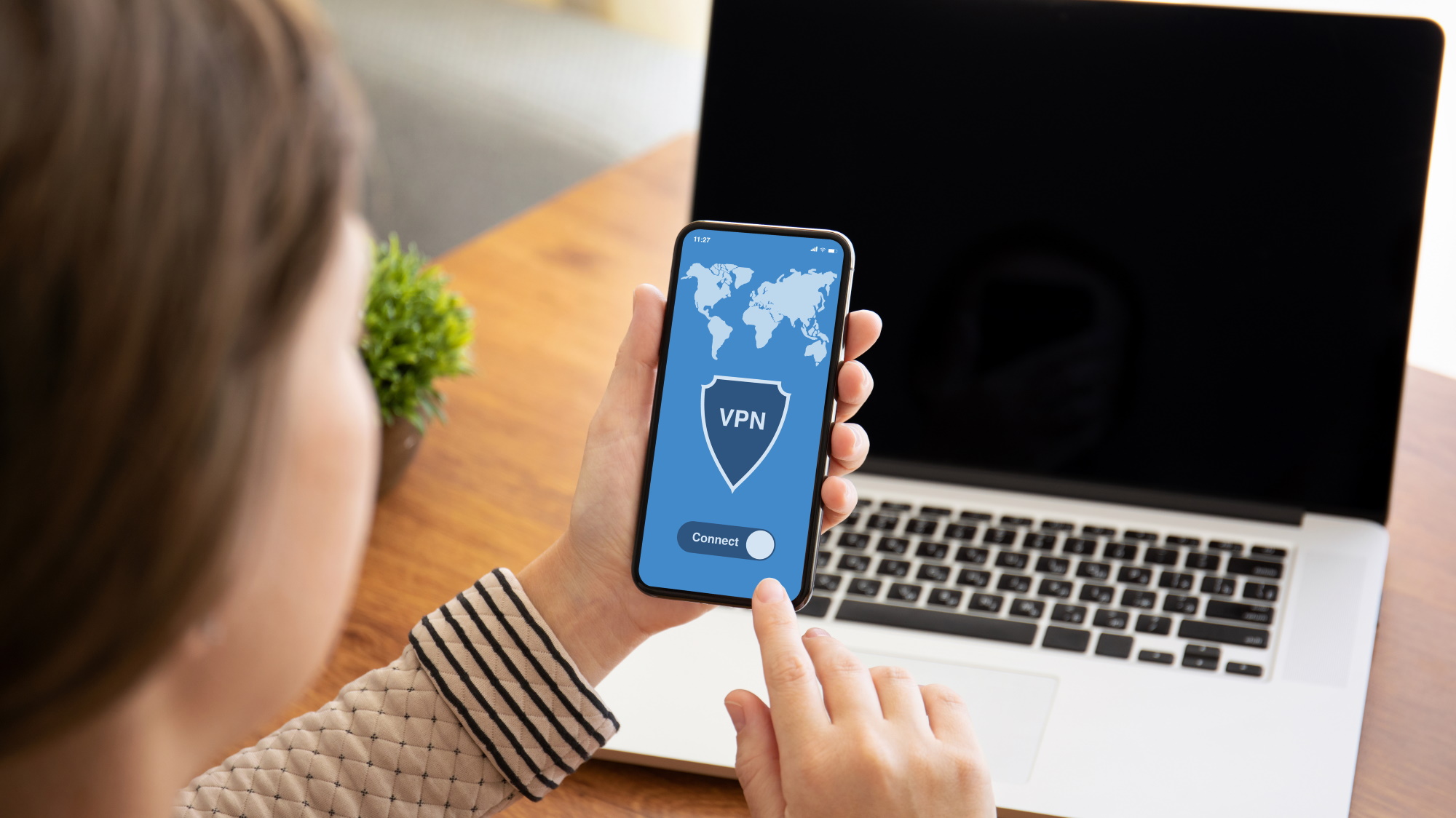VPN or proxy services solve various problems or restrictions in the digital world. The intention of most (if we can say so) is to protect the user on the internet, by encrypting the connection or anonymizing the user’s identity. The thing is, in VPNs or free proxies, the goal can be the opposite: trading or stealing data. Remember that saying that there is no free lunch? In the digital world, if the service is free, the product is you.
Proxy and VPN are similar, but not the same.
A proxy has the function of intermediating the connection between the user and the destination. It is a server that is in the middle and receives and forwards requests, applying the appropriate settings. It works, for example, to hide the user’s real IP, block access or manipulate the location.
A VPN is a virtual private network. It also works with an intermediary server, but the great attraction is that all communication between the user and the server is encrypted (in a paid VPN, ideally). This imposes more security on the traffic. A common use of VPN is to bypass geolocation or to browse public Wi-Fi networks with peace of mind.
And where is the danger in VPN or free proxy?
First, it is necessary to understand that, in the case of paid services, the revenue generated by subscriptions is what maintains and motivates such companies to continue operating. These paid VPNs and proxies are expected to use the money to continue investing in infrastructure and technologies to improve security and service delivery.
On the other hand, in free programs, where does the revenue to keep the service going? It comes from marketing data, most of the time.
Usually…
Most free services work with advertising. A VPN or proxy may, for example, sell your browsing data to third parties who will target ads to you. In other cases, the VPN or proxy itself may modify the websites you visit to display ads there and generate revenue from that.
Because it is bad?
Because it’s the same as not having a service that promises to protect your privacy. When you use Google, for example, you know that the company uses your data to improve its products. On a VPN or proxy, who is receiving your data is anyone’s guess.
I would say that the switch is not worth it just to access a service that is restricted in your region.
Paid VPNs, for example, tend to be quite radical in terms of protecting users’ data, relocating the company even in another country, and even escaping legislation that provides for some breach of customer privacy. There is accountability too, like transparency reports from time to time.

lack of encryption
With little or no investment in infrastructure, some options available may not provide the security that the user needs, such as encryption. In paid services, the main attraction is the encryption of traffic, that is, all use of websites and apps is hidden while browsing the network, making it difficult to track the user.
May contain malware
With security compromised, the free service could also be responsible for spreading malware. A 2016 study by The Commonwealth Scientific and Industrial Research Organization (CSIRO) analyzed 283 VPN apps for Android. Of those, 10 appeared to be infected with malware, six were free.
Can redirect you to a scam
Since a proxy or VPN server will be responsible for brokering your connection. They can also direct you to a malicious website. For example, imagine that you want to access the website of an online store and make a purchase. Some malicious services may redirect your browser to a deceptive website that mimics the store’s layout. There, you can expose your data in an attempt to complete the purchase and you can lose money in doing so.
Can “borrow” your network and PC
This is the case with Hola, which works in a P2P collaborative model, lending its IP (it will know what the colleague on the other side of the world will do with its IP) and a little processing to keep the service running. The method is transparent, by the way, and a page in the FAQ explains how it works.
Hola says that processing will be required when the computer is not in use, as the daily traffic will not exceed 100 MB per day or 3 MB on mobile.
I prefer not to risk
Online privacy costs money and energy. But what I prefer not to put on this account is a headache. Therefore, whatever the use, the choice of a VPN or proxy must be careful, to avoid future inconvenience.
I know that these services are not cheap. But, if the benefits of these apps are fundamental to your routine, it’s a cost that I would add to the planning.

